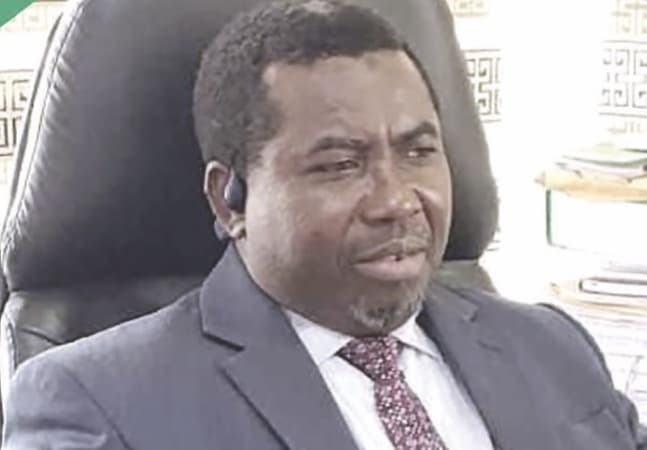
Prof Joash Amupitan
The D-day has finally come. Today, November 8, 2025, eligible voters in Anambra State will turn out in large numbers to exercise their franchise and elect a new governor who will oversee the state’s affairs for the next four years.
All eyes are now on the Independent National Electoral Commission (INEC) under the new Chairman, Professor Joash Amupitan (SAN), to seamlessly conduct the high-stakes governorship election with the desired credibility.
It is considered an extremely high-stakes election for multiple reasons, spanning political influence, security, and the integrity of Nigeria’s democracy.
Being his first official outing, expectations are high that he will live up to his promise to confront logistical challenges that had plagued the previous elections.
Unlike the ones before it, this election presents a critical early test for the integrity of the electoral commission under his watch.
To achieve credibility of the process, therefore, his primary challenge is to overcome the historical and logistical hurdles that often controvert the credibility of off-cycle elections, particularly in a volatile environment like Anambra.
Political parties
According to INEC’s final publication, 16 political parties are contesting this governorship election.
These include the ruling All Progressives Grand Alliance (APGA) in the state, All Progressives Congress (APC), Labour Party (LP), the Peoples Democratic Party (PDP) and the New Nigeria Peoples Party (NNPP). Others are Accord (A), African Action Congress (AAC), African Democratic Congress (ADC), Action Peoples Party (APP), Boot Party (BP), National Rescue Movement (NRM), Social Democratic Party (SDP), Young Progressives Party (YPP), and Zenith Labour Party (ZLP). Each party fields one governorship candidate and one running mate.
However, the contest is seen primarily as a fierce battle among the candidates of APGA, Professor Charles Chukwuma Soludo, his counterpart in the APC, Prince Nicholas Ukachukwu, LP’s George Moghalu and Valentine Ozigbo of the PDP.
The pioneer Chairman of the APGA, Chief Ckekwas Okorie, who spoke with Saturday Sun, however, predicted that the election would be a straight fight between Soludo and Ukachukwu.
He said, “As things stand now in the Anambra State, this election is actually a straight fight between the APGA and the APC.
“There are other parties indeed, but this is a straight fight between the ruling party, APGA, and the APC. Labour Party is not a threat to the incumbent Governor Soludo.
“Labour Party is no longer a force to be reckoned with because Peter Obi has never been part and parcel of their campaigns. Only two forces are knocking horns, and you will see it in the results that will be coming out.
“For now, it is too close to call. In terms of campaign efforts, you can give it to Soludo. He has made more effort on the field. But in terms of voting, it may be a different thing because so many things will come into play.”
Political battleground
Owing to the recent defection of Governor Peter Mbah of Enugu State and the new evolving power dynamics, some analysts see the Anambra State multi-party governorship contest as a test of the current political balance in the South-East region.
The All Progressives Grand Alliance (APGA) has traditionally relied on Anambra as its political base and identity, often associating itself with Igbo political heritage.
Losing Anambra would effectively signal the end of APGA as a major regional force. Similarly, the Labour Party (LP), which gained massive support in the region during the last general election, will also undergo a regional test in this election.
Some party enthusiasts see this governorship contest as a critical opportunity to solidify its control and prove its staying power in an off-cycle election.
For the ruling All Progressives Congress (APC), a victory in this election will be crucial to gaining a significant foothold in the South-East ahead of the 2027 general elections.
And on this note, Chief Okorie disagreed, saying defection may not significantly change the attitude of Igbo people.
“It is true that three of the five states in the South-East are already in APC, but I do not see that reflecting in the attitude of the people.
“It is the 2027 election that will determine whether the people will go along with the defecting governors or they will choose new leaders.
“Igbo people have independent minds, we are not like some states in the North where an Iman in a mosque will give a directive about whom to vote for. We are Republican in nature and independent-minded,” he added.
Logistical challenges INEC must confront
The logistical challenges Amupitan must confront are multifaceted, ranging from deployment and technology issues to the complex security landscape.
The election is being conducted under a persistent cloud of security threats often linked to the unknown gunmen phenomenon and secessionist sentiments. This situation makes the election high-stakes because of the risk of low voter turnout.
While security is handled by inter-agency collaboration (ICCES), the logistical burden of coordinating security agencies falls under INEC’s operational planning.
his requires the deployment of an unprecedented number of security personnel, which must be perfectly coordinated with INEC staff movements.
The authorities must ensure that security arrangements are robust enough to guarantee safety without appearing to intimidate voters or favour any political party.
Any perceived imbalance in how electoral rules or security protocols are enforced will immediately raise questions about the commission’s political impartiality under Amupitan.
For the credibility of the process, Okorie charged INEC to adhere to the rules of the game. His words: “Right from the day the man (INEC Chairman) was inaugurated, he has been saying the right thing.
“He sounds reassuring, he sounds determined, he sounds very confident. But we all know that INEC officials, especially those on the field, are the real problem why we have not been having credible elections, because they are easily compromised.
“And you will see it in what they are trying to do on the day of the election. So, the man has to give them proper orientation and tell them that he will not spare any infraction coming from their side.
He should make sure that sensitive materials required for the election get to the polling units at the time they promised, which is 8 am, and that people are allowed to vote.
They should make sure the votes are counted at the polling unit level and transmitted to the IRev so that it can be monitored even by people who are not from Anambra State.
“Once results are transmitted from polling units to the IREv, it can be accessed by everybody. We will not expect any collation result being different from what the voters have voted at the polling units.
“There is also an aspect of election that is beyond the control of the INEC Chairman and his officials. And that is vote-buying. It is in this vote-buying the security agencies have to play their roles. We have had experiences where we reported vote-buying to security agencies and they saw it happening in their presence, but gave the same rehearsed answer that they were sent only to maintain law and order, that they were not sent to curb vote-buying and that if you were aggrieved, you could go and bring your own money and distribute, they will not disturb you. You can imagine security agents, especially the police, giving you that kind of answer for genuine report of vote-buying.
“INEC Chairman has given his assurances, which I believe he will do everything to fulfil, but what directive is the Inspector General of Police giving?
“Are they giving the directive that anybody who is caught sharing money should be arrested along with the money he is carrying. In Anambra, when people are voting, they will first of all ask you which party is paying more.
“If party A is giving N5000 and party B is giving N10000, they will go and vote for the party that is giving N10000. That does not reflect the wish of the people.
“Security agencies have added to our problem by pretending that they do not know that it is an offence for candidates to buy votes, especially within the vicinity of the polling units.
“Again, INEC Chairman cannot control the use of thugs. I heard that the IGP said that the local security outfit should keep away from election vicinity because they were used extensively during the last senatorial bye-elections that took place a couple of months ago in favour of a particular party.
“That directive of the IGP is grossly insufficient. He should be definite about what will happen in case of vote-buying. He should give a directive that any person caught with money should be arrested because they don’t use transfer, they use cash.
“It is the police that will determine the credibility of this election, the way I am looking at it. When I say police. it also includes other paramilitary agencies like Civil Defence and others.
“EFCC should also be actively involved in curbing bribery and corruption. If all these are not controlled, the turnout will be very poor.”
A successful, free, and fair election will validate Professor Amupitan’s appointment and bolster public trust in INEC’s institutional reform agenda. Conversely, a flawed election could severely damage his credibility before the next general election cycle begins.
According to the final voters’ register approved by the Independent National Electoral Commission (INEC), 2,802,790 voters are eligible for this governorship election.
This figure was officially released after the Continuous Voter Registration (CVR) exercise and a subsequent cleanup of the voters’ register using the Automated Biometric Identification System (ABIS) to remove multiple registrations.
If fears keep voters away, as Okorie warns, the integrity and legitimacy of the mandate will be questioned.
As the first major gubernatorial election under the new INEC Chairman, the world is watching to see if the commission can deliver a free, fair, and credible poll.
Professor Amupitan has repeatedly stated that prompt commencement of voting is non-negotiable. He needs to put immense pressure on his team to solve the perennial problem of the late arrival of materials.
He must also ensure that all 5,718 Polling Units across the 21 Local Government Areas (LGAs) receive sensitive and non-sensitive materials by the mandated time, 8 am, a situation that has always remained the biggest hurdle.
This requires perfect coordination from the LGA offices to the Registration Area Centres (RACs) and finally to the Pus. He must ensure the timely mobilisation of over 24,000 ad-hoc staff who are often unfamiliar with the electoral process and the terrain.
From the previous experience, logistical failure often starts with the late arrival of staff.
In a volatile environment like Anambra, the movement of sensitive materials is highly vulnerable to attack. Securing transport convoys from the state capital, Awka, down to remote wards and ensuring the 24/7 security of RACs is a massive undertaking that INEC must handle with sincerity and commitment to due diligence.
Beyond all this, the credibility of the election hinges on the smooth functioning of INEC’s technological tools. Bimodal Voter Accreditation System (BVAS) management is a crucial factor in the credibility of the process.
Ensuring that the BVAS devices are fully charged, correctly configured, and function seamlessly across all 5,718 PUs is a responsibility INEC must also take very seriously.
Previous elections have seen issues with network connectivity in deep rural areas and battery life, which directly cause voting delays.
Stakeholders have expressed concern about the successful electronic transmission of results from the PUs to the INEC Results Viewing Portal (IReV). This relies on a stable internet connection.
Many people have little confidence in Anambra’s variable network quality, posing a risk to the real-time transparency mandated by the Electoral Act.
This election is a crucial test for the functionality of the BVAS and IReV systems under real-world pressure in a volatile region.
A successful, transparent election in Anambra will build public confidence in INEC for future national polls; a failure would severely damage the Commission’s credibility.
Over the years, combating vote-buying has always been a major challenge for the INEC. The new Chairman has specifically warned against voter inducement.
Logistically, combating this requires the focused deployment of anti-graft and security agents such as EFCC and ICPC to identified flashpoints around PUs, without intimidating legitimate voters.
In this regard, Professor Amupitan faces a significant challenge in ensuring that the operational efficiency he has demanded from his team is achieved under these severe logistical and security constraints.
This election is widely viewed as a critical litmus test for the integrity and competence of the Independent National Electoral Commission (INEC) under his watch.
So, the success or failure of this election will set the tone for public confidence in his leadership and in INEC’s ability to conduct future national elections.
The election poses multiple, high-stakes challenges that will measure INEC’s integrity in three key areas: Technological reliability, operational efficiency, timeliness and impartiality in a volatile environment.
The election will test the seamless functioning of INEC’s technological innovations, particularly the Bimodal Voter Accreditation System (BVAS) and the INEC Results Viewing Portal (IReV). (Saturday Sun)
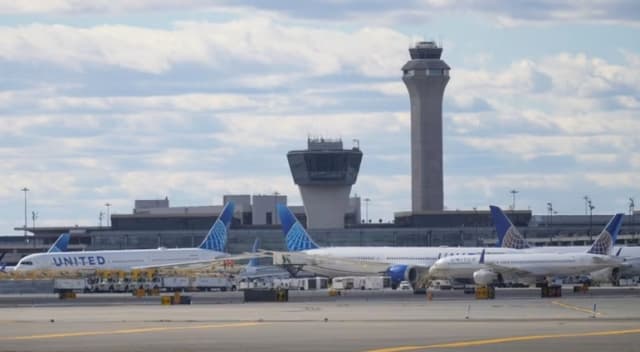
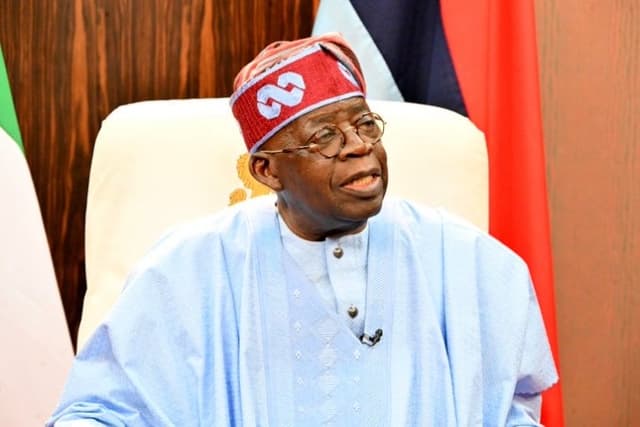
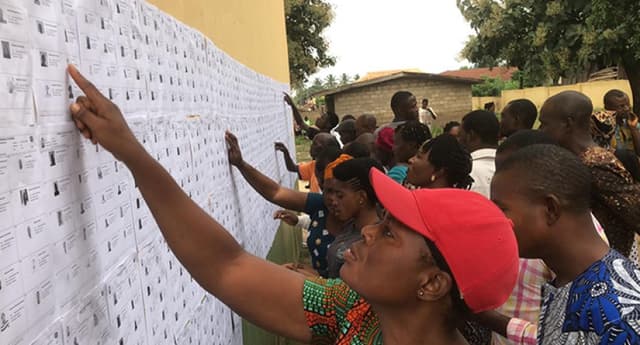
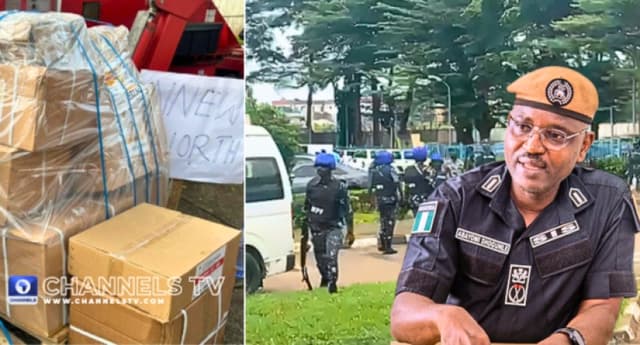

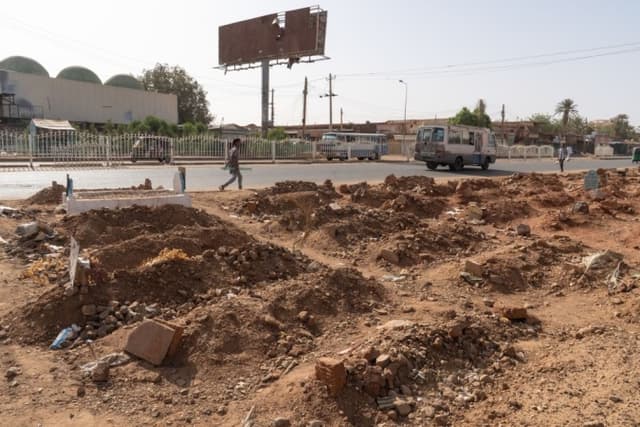
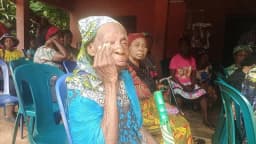
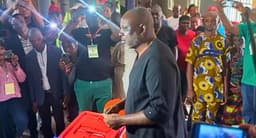
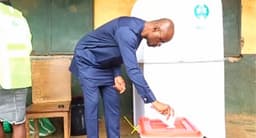
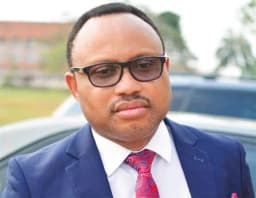

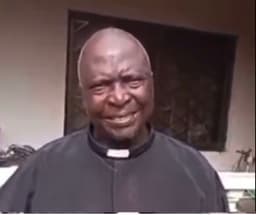
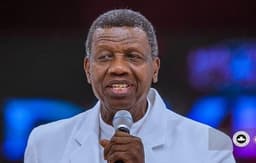
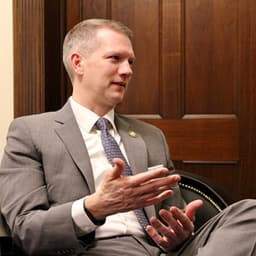



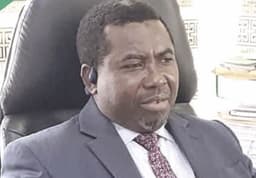


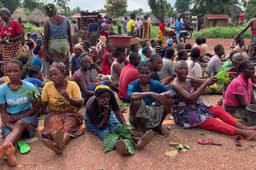


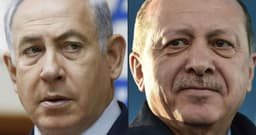



NEWS EXPRESS is Nigeria’s leading online newspaper. Published by Africa’s international award-winning journalist, Mr. Isaac Umunna, NEWS EXPRESS is Nigeria’s first truly professional online daily newspaper. It is published from Lagos, Nigeria’s economic and media hub, and has a provision for occasional special print editions. Thanks to our vast network of sources and dedicated team of professional journalists and contributors spread across Nigeria and overseas, NEWS EXPRESS has become synonymous with newsbreaks and exclusive stories from around the world.